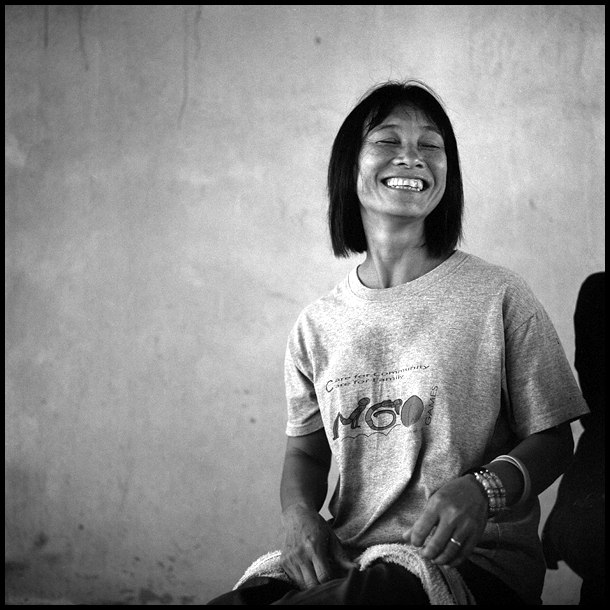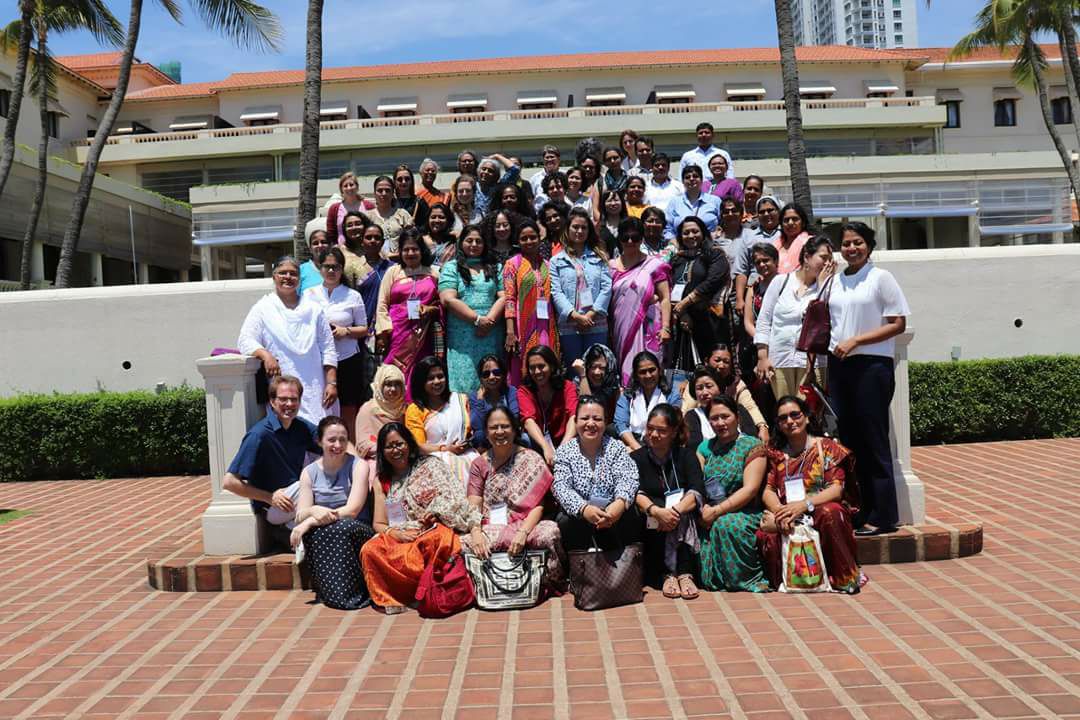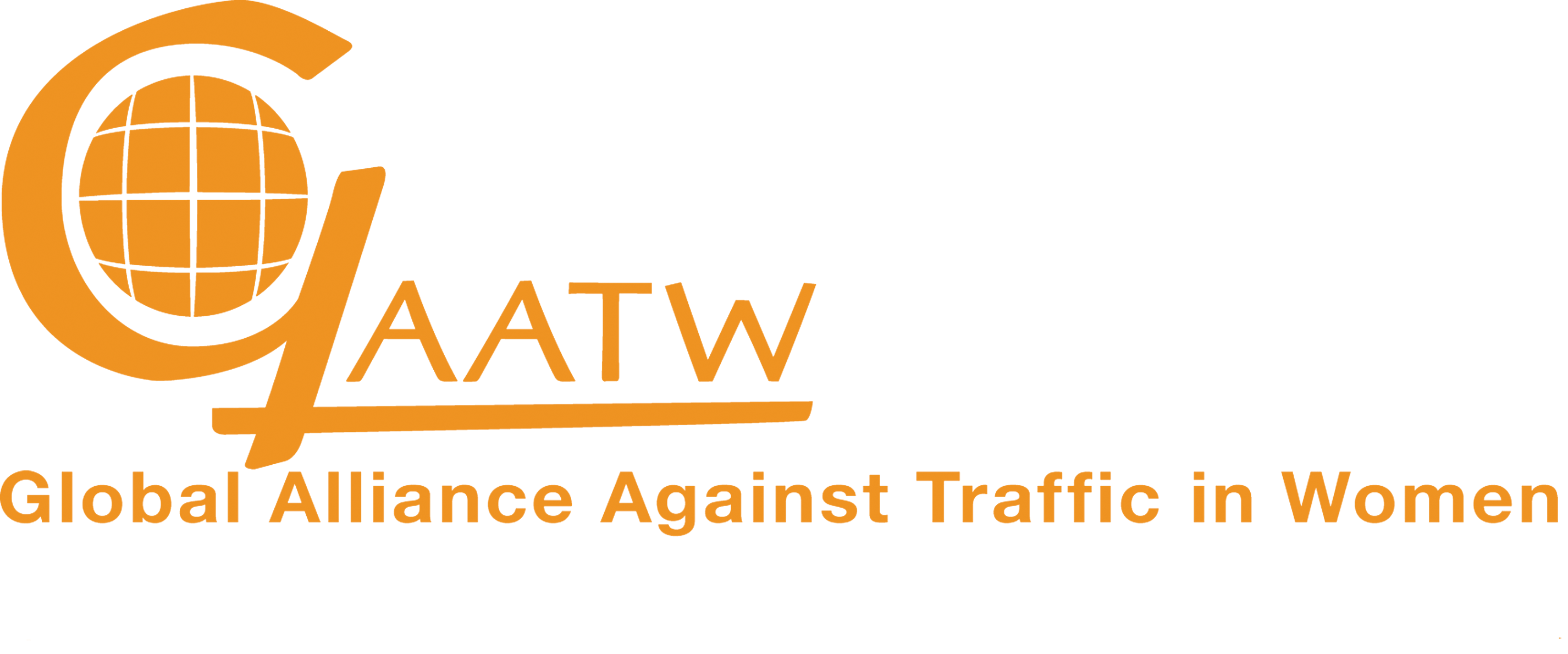Letter to the Indian government regarding Anti-Trafficking Bill
Ms. Maneka Sanjay Gandhi
Ministry of Women and Child Development, Government of India
Shastri Bhavan
New Delhi -110001
Chetan B. Sanghi, IAS
Joint Secretary
Ministry of Women and Child Development
Government of India
29 July 2018
Letter to the Indian government concerning the draft Trafficking of Persons (Prevention, Protection and Rehabilitation) Bill, 2018
Ms. Maneka Sanjay Gandhi
Ministry of Women and Child Development, Government of India
Shastri Bhavan
New Delhi -110001
Chetan B. Sanghi, IAS
Joint Secretary
Ministry of Women and Child Development
Government of India
13 July 2018
Life after trafficking – an often neglected aspect of anti-trafficking policy
 Most media stories, politicians’ speeches and NGO campaigns typically focus on the horrors of life in trafficking and dramatic rescues and escapes. The only thing we usually hear about what happens next is something like “she was reunited with her family and loved ones” or “now he is helping others like him”.
Most media stories, politicians’ speeches and NGO campaigns typically focus on the horrors of life in trafficking and dramatic rescues and escapes. The only thing we usually hear about what happens next is something like “she was reunited with her family and loved ones” or “now he is helping others like him”.
But after trafficking, most trafficked persons don’t simply go on to live happily ever after. They have different needs, and have to go through a number of bureaucratic hurdles to access support and be able to move on. These include identification, short and long-term assistance, residence permits, compensation and family reunification.
And all of this occurs in a context where countries of destination, in particular, are hostile towards migrants and reluctant to provide assistance to foreigners, including victims of trafficking.
These were some of the concerns that prompted us to focus the latest issue of the Anti-Trafficking Review on “life after trafficking”.
The papers in this issue cover a wide range of countries that are considered both origin and destination: Indonesia, Thailand, Bangladesh, India, Azerbaijan, Switzerland, Denmark, Norway, Nigeria, United Kingdom and United States. Below are some of the main issues highlighted in the articles.
Moving Forward – Life after trafficking
Launch of Issue 10 of the Anti-Trafficking Review ‘Life after Trafficking’
Guest Editors: Denise Brennan and Sine Plambech
Editor: Borislav Gerasimov

Media, policymakers and NGOs typically focus on the horrors of life in trafficking and ‘rescuing’ trafficked persons, but much less attention is paid to life after trafficking. This special issue of the Anti-Trafficking Review documents the challenges that people face after exiting situations labelled as trafficking, as well as those whose exploitation garnered no legal protections or service provision.
Statement on Violence and Harassment in the World of Work
Outcome of the Knowledge-sharing Forum on Women, Work and Migration, Colombo, Sri Lanka, April 2018
1 May 2018

If current trends continue, by the year 2030, two-thirds of all global wealth will be owned by the richest one percent of people.[1] This statistic is no accident. It is the outcome of economic and social systems that engage in structural violence to reproduce massive inequality.
As workers, worker organisations, feminist, women’s and migrant rights organisations, academics and journalists, from South, Southeast and West Asia, who met in Colombo in April 2018, we welcome the current initiative to address the root causes and consequences of violence and harassment in the world of work through a binding ILO Convention and Recommendation.
New EU Priorities on Trafficking in Human Beings: Time to recognise the contribution of sex worker rights organisations
 Last week the European Commission presented the EU’s new priority actions for addressing trafficking in human beings, broadly combined under three themes: stepping up the fight against organised criminal networks, providing trafficked persons with better access to their rights, and intensifying a coordinated and consolidated response, both within and outside the EU.
Last week the European Commission presented the EU’s new priority actions for addressing trafficking in human beings, broadly combined under three themes: stepping up the fight against organised criminal networks, providing trafficked persons with better access to their rights, and intensifying a coordinated and consolidated response, both within and outside the EU.
Although the priorities aim to treat human trafficking in all sectors equally, there is an underlying focus on the sex industry as a site of exploitation, particularly of women and girls. This is not surprising, as the latest data on identified victims of trafficking in the EU shows that 67% were trafficked in the sex industry and 95% of those were women and girls. Given this focus on trafficking in the sex industry, and the stated need for a broad range of stakeholders to tackle it, the EU needs to recognise the contribution of one stakeholder that has so far been excluded: sex worker rights organisations.
Moving from Precarity to Rights Protections and Decent Work for All Migrants

Global Compact for safe, orderly and regular migration: Irregular migration and regular pathways, including decent work, labour mobility, recognition of skills and qualifications and other relevant measures
12 and 13 October 2017, Vienna
Position paper by the Global Alliance Against Traffic in Women (GAATW)
Recommendations for Alliance 8.7 and the Achievement of SDG 8
IV Global Conference on the Sustained Eradiation of Child Labour
14-16 November 2017, Buenos Aires
Position paper by the Global Alliance Against Traffic in Women (GAATW)
